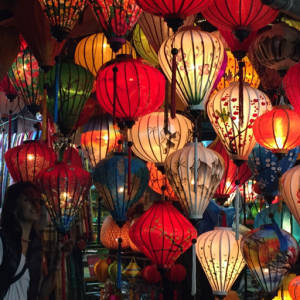Hinglish Pinglish
India has many regional languages and after fighting for independence from British rule in 1947, in reclaiming national identity and culture, the government of the day wanted to replace English, the 'language of slavery' with Hindi, an Indo Aryan language. The Southerners would have none of it as their languages are of Dravidian origins and saw no reason why they should be forced to accept another language not native to them. Protests ensued which turned into riots and were brutally quashed by the ruling Congress Party, resulting in some fatalities.
A compromise was eventually reached. Hindi along with every State's own native language and English it was decided would form a triad of official languages in each region. In a populous country of 1.3 billion people, many different religions and cultural and linguistic ideas, there are dozens of languages and hundreds of dialects spoken.
It has become commonplace to hear Indians speak a newer lexicon, a mashup of their local language with English. For example in the case of Hindi, Punjabi, Tamil etc. the hybrid versions have even been renamed Hinglish, Pinglish and Tinglish.
What's relatively recent is the transliteration of the language. It's regularly used in television advertising, on billboards and even in films.
This ice cream cart has a slogan that's a Hinglish mashup on the top which says 'har pal kuch new' which means every moment something new. The meaning if you're familiar with Hinglish is easily understood although the grammar is compromised. ;)
I remember these exact same kind of carts, but of a different ice cream company in the quadrangle of the school when I lived in India as a child. I'd try and stretch my pocket money as much as possible. In a week of high living I could have a chocolate coated vanilla ice cream called Duet. But mostly I had the orange ice called what else but an 'Orange Bar'.
- 0
- 0

Comments
Sign in or get an account to comment.


